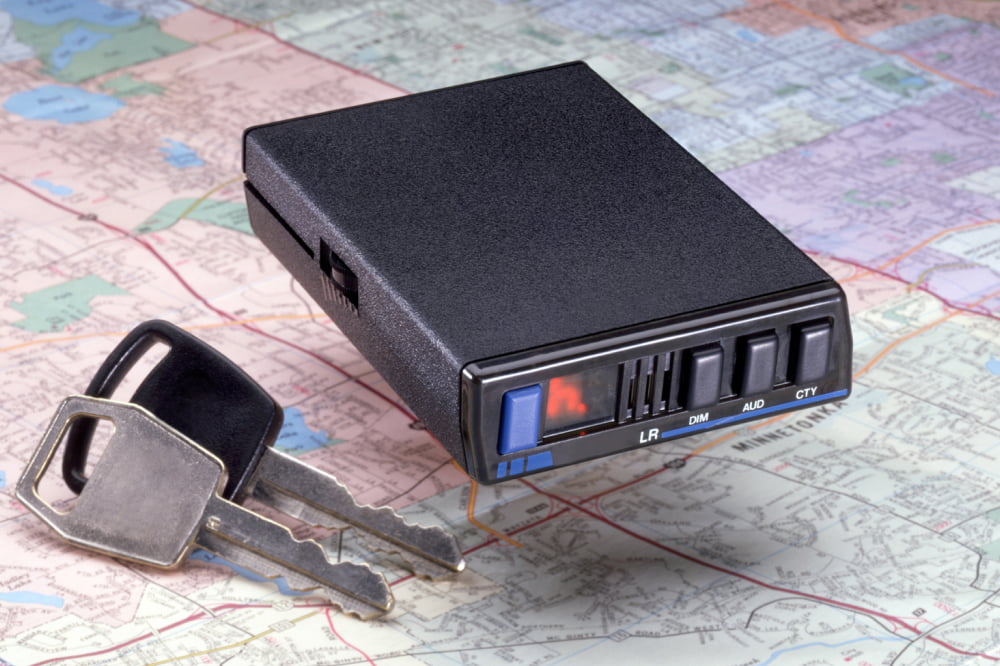
Radar detector – Benefits, types, and more
Due to the increased congestion on modern roadways, maintaining road safety has been elevated to the top of drivers’ concerns. In this endeavor, radar detectors have emerged as valuable tools to enhance awareness and reduce speeding and traffic violations. This article will discuss these tools’ ins and outs, applications, types, and usage in testing procedures. After learning about every aspect of these detectors, we will help you to choose the best one for yourself.
How do radar detectors work?
Radar detectors are electronic devices designed to detect police radar guns and speed cameras that monitor traffic speed. They operate by receiving radio waves emitted by law enforcement radar guns and speed cameras, alerting drivers of their presence in advance. A radar detector uses electronic signals.
Benefits of radar detectors
- Enhances safety on the road: Radar detectors promote road safety by warning drivers of potential speed traps. It allows them to adjust their speed and drive more responsibly.
- Helps avoid costly speeding tickets: Receiving speeding tickets can be expensive and result in increased insurance premiums. Detectors help drivers avoid unnecessary fines and penalties by alerting them to reduce speed when approaching radar-monitored zones.
- Contributes to traffic flow: Detectors also aid in maintaining consistent traffic flow, preventing abrupt braking or speeding up when drivers unexpectedly encounter speed traps.
Types of radar detectors
- Cordless radar detectors: Portable and easy to install, cordless detectors offer greater convenience for drivers who switch vehicles frequently.
- Remote-mount radar detectors: These are discreetly installed in the vehicle and are often integrated into the dashboard. They provide a clean and professional appearance.
- Built-in radar detectors: They are usually found in some luxury vehicles. These built-in detectors offer seamless integration with the car’s systems for enhanced performance and functionality.
Radar detector projects and innovations
- Smartphone integration: Some detectors now connect to smartphones. They leverage GPS capabilities and apps to provide real-time data on speed traps and traffic enforcement areas.
- Artificial intelligence enhancements: Detectors increasingly utilize AI algorithms to filter out false alerts and prioritize relevant warnings, enhancing their accuracy and reliability.
- Red light camera detection: Besides radar detection, some devices incorporate red light camera detection features, further promoting safe driving practices.
Radar detector tests – Accuracy and performance
- Laboratory testing: Manufacturers subject radar detectors to controlled laboratory tests to assess sensitivity, range, and false alert rejection capabilities.
- Field testing: Real-world testing is conducted by experts and consumers to evaluate radar detectors in various traffic scenarios. It helps in verifying their performance in practical conditions.
Radar detectors – Legal considerations
There are many radar detectors on sale. However, some detectors are subject to varied legal issues in the country, depending on the state in which they are employed. Using detectors in private, non-commercial automobiles is permitted under federal law, but it is vital to be aware of state rules restricting their use.
Radar detectors are invaluable tools for drivers seeking to enhance safety, avoid speeding tickets, and maintain a responsible driving attitude. They have become essential companions on modern roads. However, users must know the legal aspects of radar detector usage in their regions. By choosing a suitable radar detector and using it responsibly, drivers can experience a safer and more informed driving experience.




